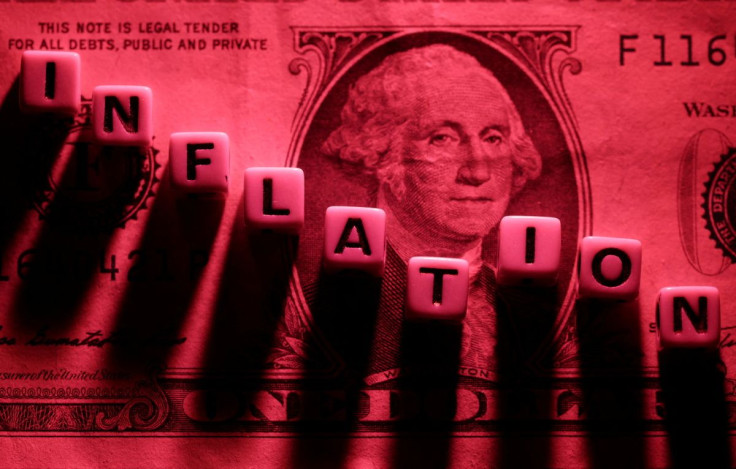Will An End Of The Russia-Ukraine War Bring Inflation Down?
The Russia-Ukraine war will end sooner or later, which could help ease, but not solve, the inflation problem around the world.
Inflation is a common problem in monetary economies. It arises from shortages of essential goods and services like food, energy and shelter. These shortages are caused by supply and demand shocks like natural disasters, pandemics, wars, easy monetary and fiscal policies and government regulations.
The recent inflation episode isn't an exception to this theory. It began with the supply chain disruptions during the pandemic lockdowns, which created shortages of essential goods. Then, it gained momentum as easy monetary and fiscal policies put more money into people's hands to buy these goods. And labor market regulations by state and local governments made it harder for companies to find qualified workers to raise production in line with the growing demand.
Then there's the Russia-Ukraine war making the situation worse.
"Food and energy are at the base of the pyramid," Chris Legg, senior managing director of Progress Partners, told International Business Times. "Both of these commodities have seen a period of hyperinflation brought on by many factors, but primarily supply challenges due to the war in Ukraine. Russia and Ukraine supply nearly 30% of the world's wheat from vast and fertile farmlands in the Black Sea region known as the 'breadbasket of the world.' Russia provides roughly 10% of the global supply of oil. Russia is one of the three top oil producers in the world, after the United States and Saudi Arabia."
The war's end will help ease inflation by allowing Russian oil and Russian and Ukrainian grain to flow back to international markets. The end of the war could remove the cloud of uncertainty hanging over these markets, according to Legg.
"When and how the war ends will remove some current economic impediments, but also will bring back some semblance of normalcy to well-established supply chains and make the unknown known – this is good for the economy and will ultimately reduce inflation,” he said.
Alistair Baxter, head of receivables finance at Taulia, isn't that optimistic.
"While the end of Ukraine and Russian conflict might ease current uncertainties, Russian sanctions will persist, as will the food and energy crisis, irrespective of what happens with the war over the next six months," Baxter told IBT. "Food issues will be ongoing as Ukraine's planting season for this year has been missed, which will result in crop shortages at the next harvest. These issues will also be exacerbated if Ukraine cannot safely access the Black Sea. At the same time, Europe is moving away from Russian reliance on gas and oil."
James Hickman, a former military intelligence officer and economist, takes a similar position.
"Initially, peace will likely cause energy prices to cool and inflation to moderate," he told International Business Times. "But after the initial euphoria wears off, people will discover that countless other structural inflationary forces remain a full force."
Bottom line: It takes more than the end of the Russia-Ukraine war to kill inflation, like structural changes in the commodity and labor markets, which governments may be reluctant to pursue.

© Copyright IBTimes 2025. All rights reserved.






















